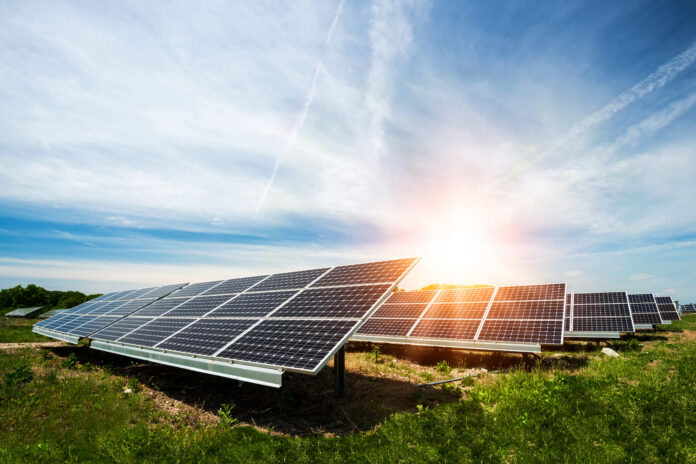Recent research underscores the dual benefits of renewable energy innovation, demonstrating its positive impact not only on the climate but also on the economy. Contrary to common concerns, transitioning towards renewable energy and restructuring the energy industry towards green solutions contribute to higher GDP, debunking the myth that economic prosperity must be sacrificed for environmental sustainability.
The urgency to combat the climate crisis has prompted intense debate over the future of the energy industry. Amidst discussions on how to best transition to renewable energy, a pivotal concern has been the economic implications of reducing carbon emissions. Recent research presented at the COP28 climate summit sheds light on this issue, advocating for a green transition that considers both economic growth and sustainability.
The study explores various energy industry restructuring options, emphasizing the importance of renewable energy innovation in fostering economic prosperity. Findings reveal that government and industry support for fossil fuels negatively impacts a country’s renewable energy innovation, suggesting an incompatibility between the fossil fuel and renewable energy industries. Investment in the fossil fuel industry, often driven by lobbying, may temporarily boost GDP but ultimately hinders the transition to clean energy by excluding renewable competition.
Renewable energy innovation stands out as a powerful driver for a stronger economy, contradicting the notion that reducing emissions comes at the cost of economic growth. The research highlights the detrimental effect of fossil fuel subsidies on consumer welfare and innovation, advocating for pollution taxes and support for renewable energy innovation as more effective economic strategies.
Why It Matters: The findings challenge the false dichotomy between environmental sustainability and economic growth, presenting renewable energy innovation as a catalyst for both. By transitioning to clean energy, economies can achieve higher GDP and reduced emissions simultaneously, redefining the relationship between economic policies and environmental goals.
Potential Implications:
- Economic Policies: Governments may need to reassess subsidies and support mechanisms for the energy industry, shifting focus from fossil fuels to renewable energy innovation.
- Market Dynamics: The transition to renewable energy could reshape market competition, fostering a more vibrant and innovative economic landscape.
- Consumer Welfare: Increased competition in the energy sector could lead to lower prices and better products, enhancing consumer welfare and living standards.
Source: The Conversation


